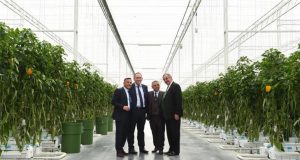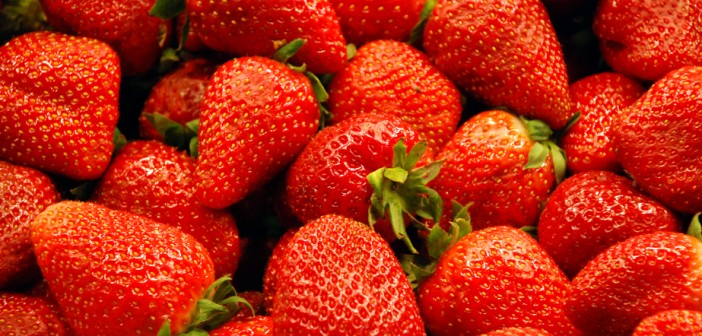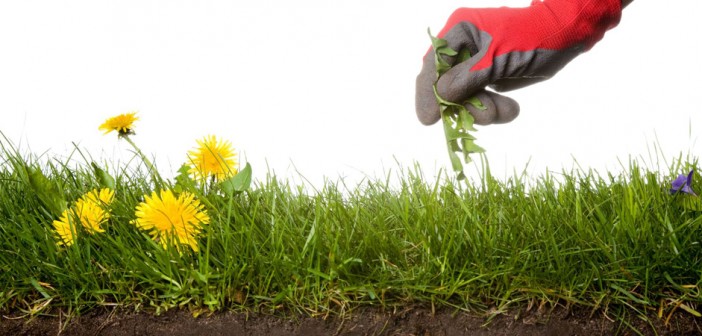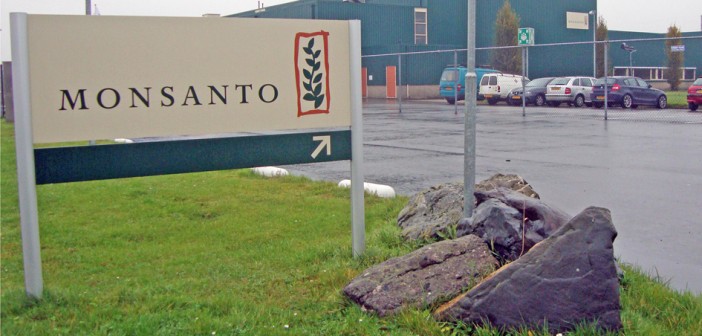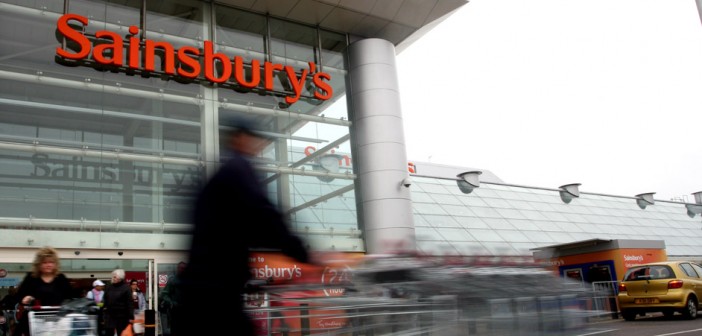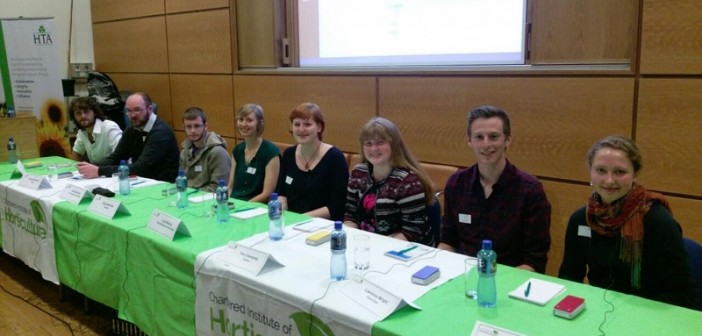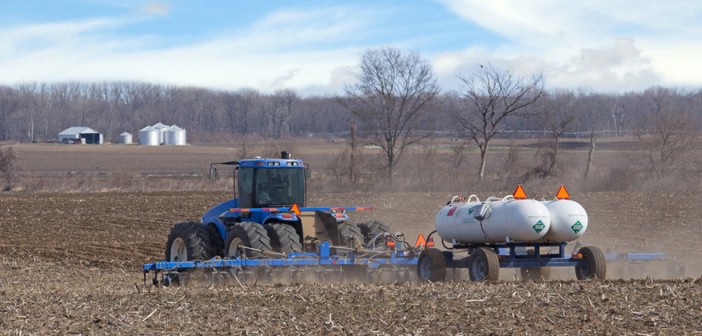German-based chemicals giant Bayer AG has reportedly offered US$122 in cash per share in its bid to acquire Monsanto, valuing the US agchem company at US$62 billion. This represents a 35 per cent premium over the company’s share price on the day before the offer was made.
Bayer, which admitted its interest in Monsanto last week, says the two companies would be beneficial, in particularly combining its own strength in crop protection and plant health with Monsanto’s breeding and seed portfolio. This is an area Bayer has been exploring in recent years; including its acquisition of Dutch seed company Nunhems.
James Blome, CEO of Bayer Crop Science, has reportedly said that said that if the deal is approved the headquarters for joint crop science efforts would be in St. Louis in the Unites States.
Bayer AG CEO Werner Baumann said on Monday, “We have long respected Monsanto’s business and share their vision to create an integrated business that we believe is capable of generating substantial value for both companies’ shareholders. Together we would draw on the collective expertise of both companies to build a leading agriculture player with exceptional innovation capabilities to the benefit of farmers, consumers, our employees and the communities in which we operate.”
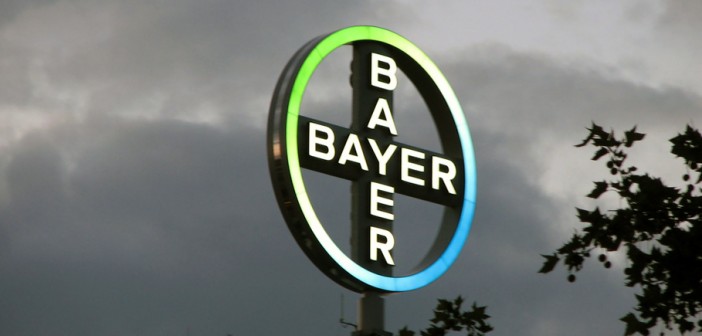
The post Bayer offers US$62 billion for Monsanto appeared first on Hort News on Tuesday 24 Mya 2016.
